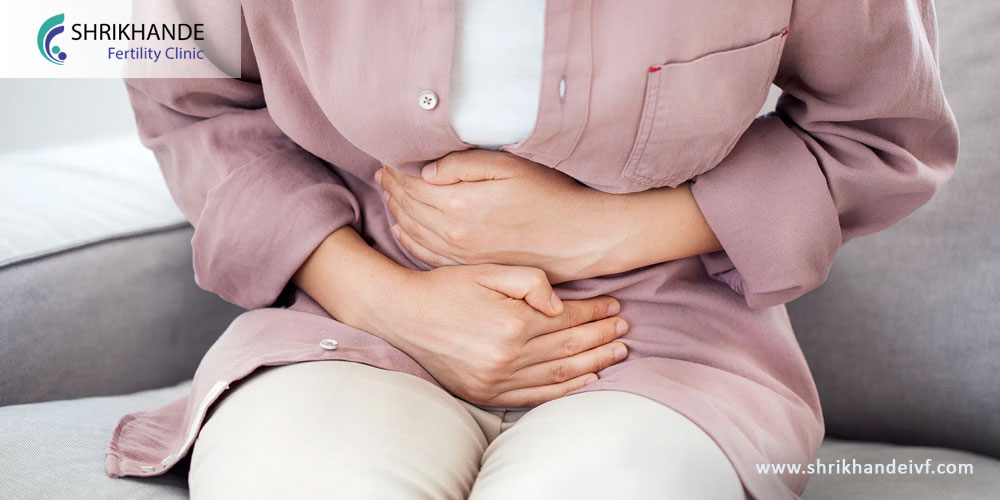Cervical Polyps and Infertility
In the field of infertility, it is widely known that infertility issues can have several causes. Some of these can be major, and some, minor. Cervical polyps are somewhere in the middle. While they exist, they cause major problems like infertility. However, the treatment is easy and restores normal function afterward. Here are answers to some of the common questions about cervical polyps.
What are Cervical Polyps?
Cervical Polyps are small tumors or growths found on the cervix. The cervix is a narrow canal that connects the uterine cavity to the upper part of the vagina. The sperm must travel through the cervix in order to fertilize the egg. When these polyps exist at the entrance, or inside the cervix, they do not let the sperm easily pass through. Usually, these polyps look like skin tags with a stalk for blood supply. Most of the time, Cervical Polyps are benign or non-cancerous and range from 1- 2 cm in size.
What are the causes of cervical polyps?
While there is no exact cause found for cervical polyps, there are a few theories based on research conducted by specialists.
- PCOD and Obesity: It has been found that many women who have cervical polyps may also be overweight, or suffering from PCOD(Polycystic Ovary Syndrome). The reason for this could be that excess body fat causes more estrogen to be produced in the body.
- Inflammation: Chronic inflammation is a sign that your immune system does not know when to stop working hard to heal from an injury or illness. This can cause tissue changes that leads to cervical polyps.
- Blocked Blood Vessels: Blocked Blood Vessels in the cervix can cause inflammation and tissue change, which leads to the formation of polyps.
What are the symptoms of cervical polyps? How are cervical polyps diagnosed?
The symptoms of cervical polyps are not very noticeable. However, it is advisable to see a doctor if you experience certain kinds of prolonged symptoms such as:
- Foul-smelling white or yellow discharge.
- Heaving bleeding during periods.
- Spotting between menstrual periods or after sexual intercourse.
- Difficulty in getting pregnant.
Polyps can be diagnosed by visiting a doctor, who will assess medical history and conduct certain pelvic exams to determine if a polyp is present.
How do Cervical Polyps Affect Fertility?
Polyps and Infertility have been found to be connected. Cervical Polyps generally cause fertility problems depending on where the polyp occurs. If it is placed at the entrance of the cervix, then it obstructs the sperm from entering the cervix and thereby prevents fertilization. If the polyp is on the surface of the cervix, it can alter the consistency of cervical mucus, which should be thin and slippery for the sperms to attain high mobility and fertilize the egg.
What are the treatment options for Cervical Polyps?
It is easy to remove cervical polyps on an OPD basis. It requires minor surgery under anesthesia. Even though most polyps are benign, a sample is sent for biopsy, to determine the presence of any cancer cells. There are also other treatment options, depending on the type of polyp.
Why choose Shrikhande IVF for diagnosis and treatment?
Shrikhande IVF, Nagpur, has a team of qualified gynecologists, who have years of experience in conducting various fertility treatments, including the treatment for cervical polyps. The team assesses your problem and tries to find a cause by using their expertise that will ensure that your problem does not persist. Patients who have undergone the treatment for cervical polyps at Shrikhande IVF have noticed a drastic boost in infertility after the polyp was removed. Let the experts guide you through this rough time of infertility.





 (+91) 880 557 7600
(+91) 880 557 7600
 Abhyankar Road, Dhantoli, NAGPUR-12
Abhyankar Road, Dhantoli, NAGPUR-12






Leave a Reply